Page 205
“Thou great First Cause, least understood.” — POPE.
“Whence this pleasing hope, this fond desire,
This longing after immortality?
Or whence this secret dread, and inward horror
Of falling into naught? Why shrinks the soul
Back on herself, and startles at destruction?
‘Tis the divinity that stirs within us;
‘Tis heaven itself that points out our hereafter
And intimates eternity to man.
ETERNITY! Thou pleasing, dreadful thought!” — ADDISON.
“There is another and a better world.” — KOTZEBUE: The Stranger. AFTER according so much space to the conflicting opinions of our men of science about certain occult phenomena of our modern period, it is but just that we give attention to the speculations of mediaeval alchemists and certain other illustrious men. Almost without exception, ancient and mediaeval scholars believed in the arcane doctrines of wisdom. These included Alchemy, the Chaldeo-Jewish Kabala, the esoteric systems of Pythagoras and the old Magi, and those of the later Platonic philosophers and theurgists. We also propose in subsequent pages to treat of the Indian gymnosophists and the Chaldean astrologers. We must not neglect to show the grand truths underlying the misunderstood religions of the past. The four elements of our fathers, earth, air, water, and fire, contain for the student of alchemy and ancient psychology — or as it is now termed, magic — many things of which our philosophy has never dreamed. We must not forget that what is now called Necromancy by the Church, and Spiritualism by modern believers, and that includes the evoking of departed spirits, is a science which has, from remote antiquity, been almost universally diffused over the face of the globe.
Although neither an alchemist, magician, nor astrologer, but simply a great philosopher, Henry More, of Cambridge University — a man universally esteemed, may be named as a shrewd logician, scientist, and metaphysician. His belief in witchcraft was firm throughout his life. His faith in immortality and able arguments in demonstration of the survival of man’s spirit after death are all based on the Pythagorean system, adopted by Cardan, Van Helmont, and other mystics. The infinite and
Page 206
uncreated spirit that we usually call GOD, a substance of the highest virtue and excellency, produced everything else by emanative causality. God thus is the primary substance, the rest, the secondary; if the former created matter with a power of moving itself, he, the primary substance, is still the cause of that motion as well as of the matter, and yet we rightly say that it is matter which moves itself. “We may define this kind of spirit we speak of to be a substance indiscernible, that can move itself, that can penetrate, contract, and dilate itself, and can also penetrate, move, and alter matter,” which is the third emanation. He firmly believed in apparitions, and stoutly defended the theory of the individuality of every soul in which “personality, memory, and conscience will surely continue in the future state.” He divided the astral spirit of man after its exit from the body into two distinct entities: the “aerial” and the “aethereal vehicle.” During the time that a disembodied man moves in its aerial clothing, he is subject to Fate — i.e., evil and temptation, attached to its earthly interests, and therefore is not utterly pure; it is only when he casts off this garb of the first spheres and becomes ethereal that he becomes sure of his immortality. “For what shadow can that body cast that is a pure and transparent light, such as the ethereal vehicle is? And therefore that oracle is then fulfilled, when the soul has ascended into that condition we have already described, in which alone it is out of the reach of fate and mortality.” He concludes his work by stating that this transcendent and divinely-pure condition was the only aim of the Pythagoreans.
As to the skeptics of his age, his language is contemptuous and severe. Speaking of Scot, Adie, and Webster, he terms them “our new inspired saints . . . sworn advocates of the witches, who thus madly and boldly, against all sense and reason, against all antiquity, all interpreters, and against the Scripture itself, will have even no Samuel in the scene, but a confederate knave! Whether the Scripture, or these inblown buffoons, puffed up with nothing but ignorance, vanity, and stupid infidelity, are to be believed, let any one judge,” he adds.

Moe is the founder of GnosticWarrior.com. He is a father, husband, author, martial arts black belt, and an expert in Gnosticism, the occult, and esotericism.

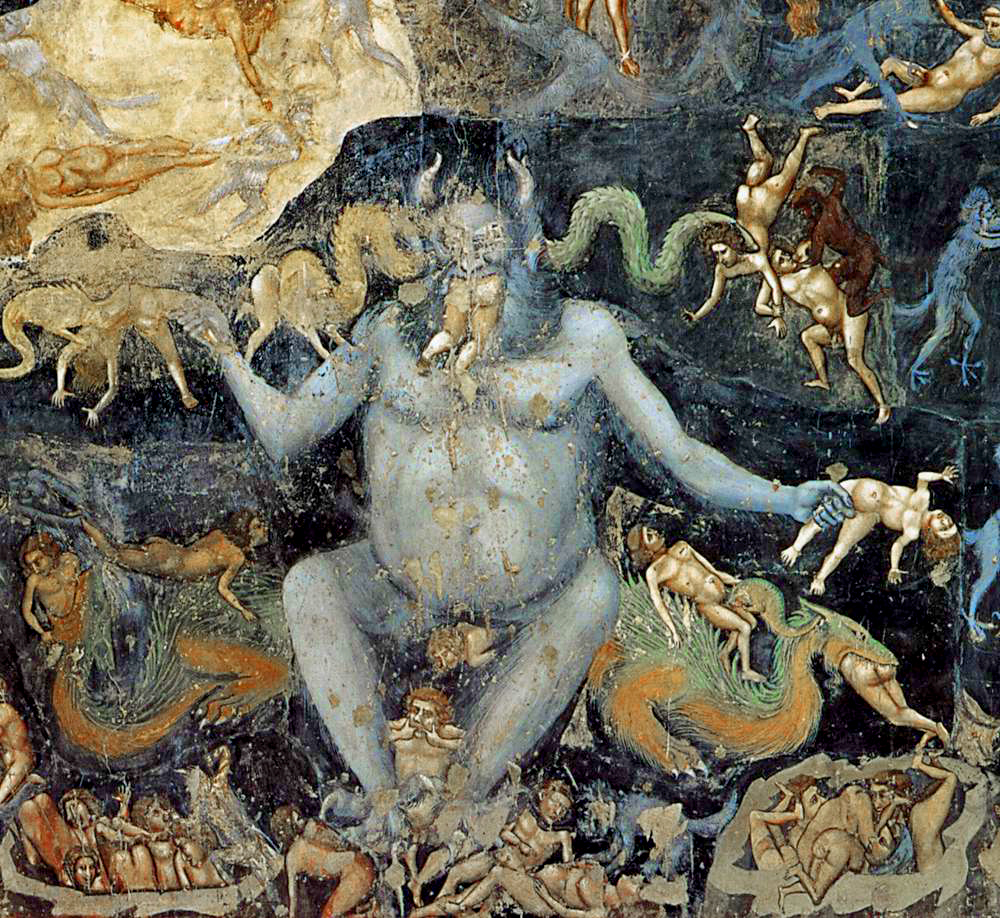

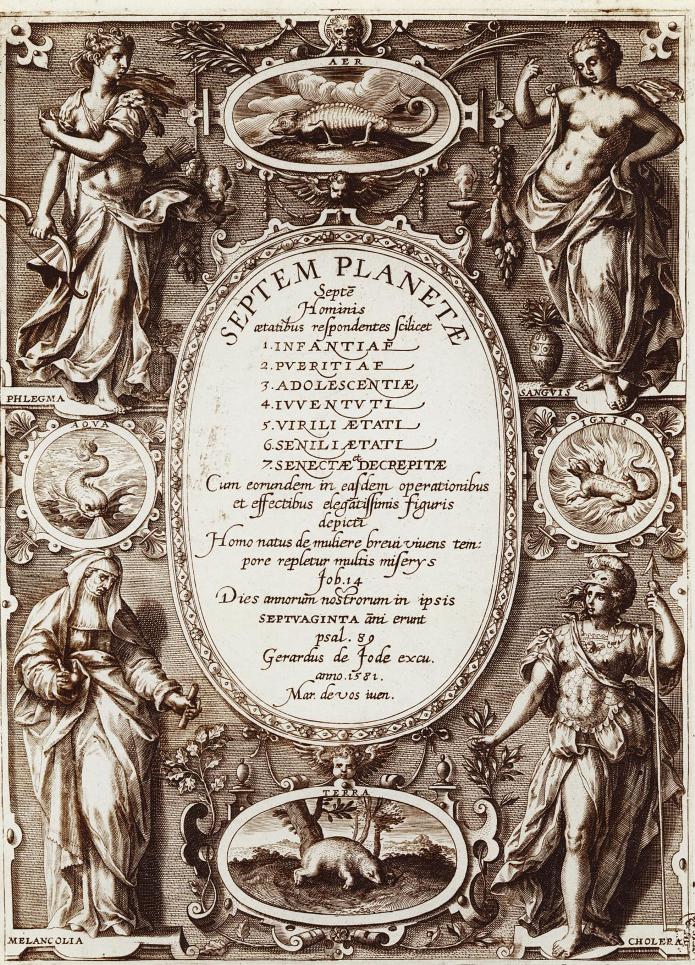
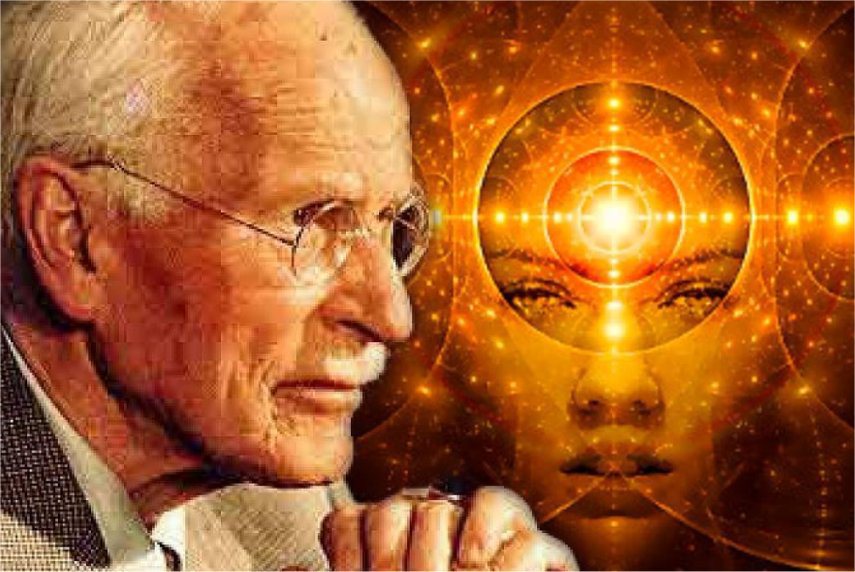
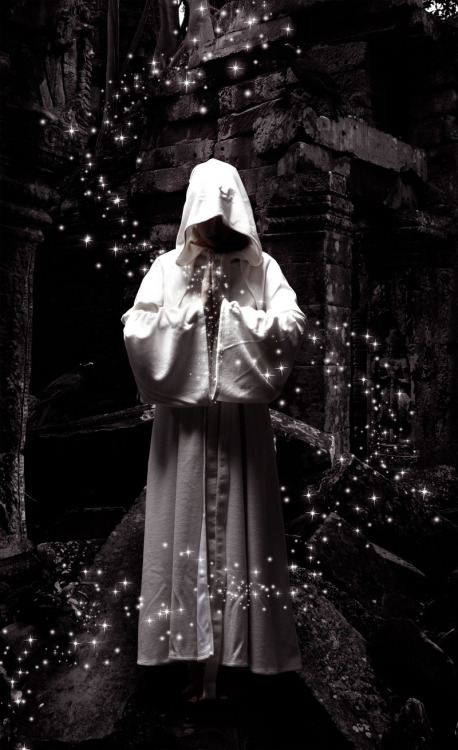
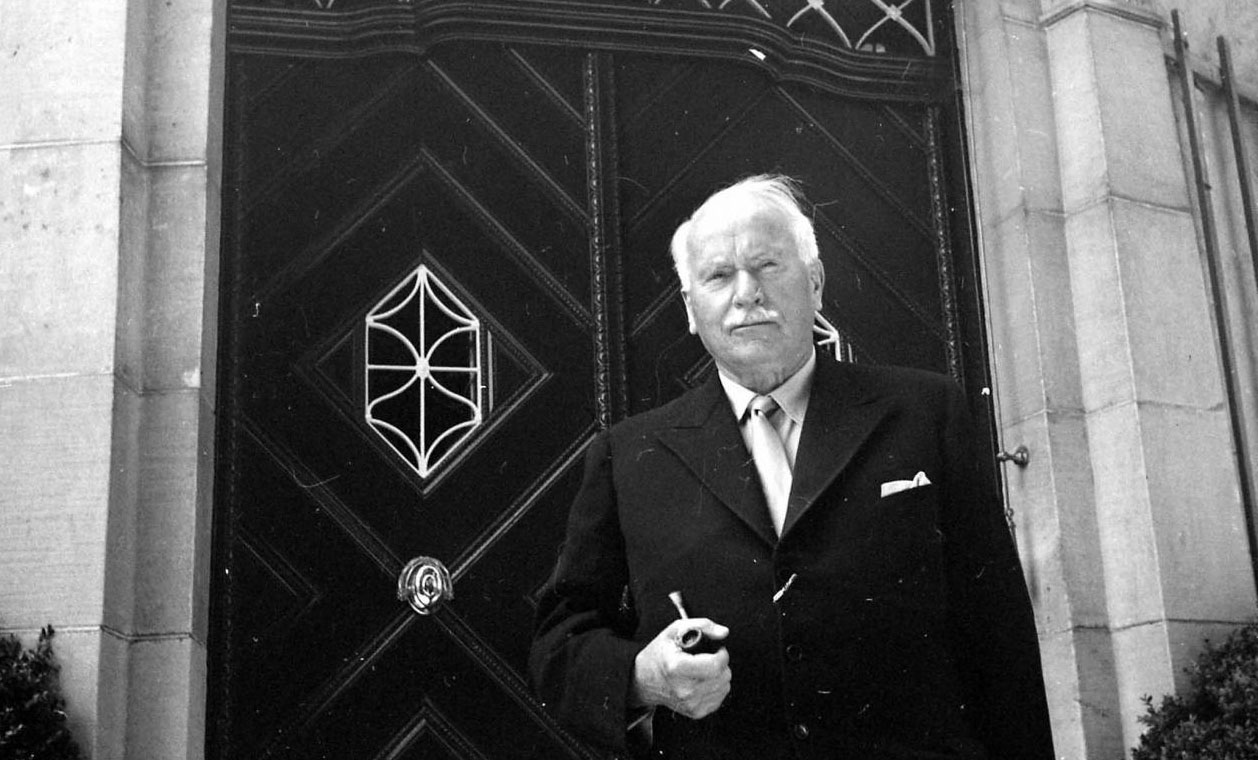
![How the South Saxons received Eadbert and Eolla, and the West Saxons, Daniel and Aldhelm, for their bishops; and of the writings of the same Aldhelm [705 A.D.] | Book 5 | Chapter 17 How the South Saxons received Eadbert and Eolla, and the West Saxons, Daniel and Aldhelm, for their bishops; and of the writings of the same Aldhelm [705 A.D.] | Book 5 | Chapter 17](https://www.gnosticwarrior.com/wp-content/plugins/contextual-related-posts/default.png)